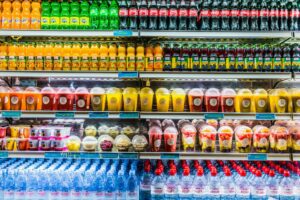
Introduction
This framework report aims to help find and implement solutions to stop plastic waste entering the ocean by sharing best practices, leveraging funding and championing global action in marine plastic pollution.
Summary
The report provides an overview of the context, national strategies, policies and Research and Innovation (R&I) activities in each of the four pilot countries identified: India, South Africa, Canada and the UK. R&I activity is divided into specific themes, and this has enabled gaps and common areas to be identified between each of the four countries.
Recommendations
Identifying strengths in plastic waste research common across countries, this should now be used as best practice to build on commercialisation and implementation. Further support should be given to bilateral or multilateral collaborations where one country has a strength in a particular topic and another country has a gap. The coordination between countries is a priority for successful future collaborations to assess and help policymakers better understand the issues and actions that will be effective to address the impact of marine plastics on a global scale.
There should be knowledge sharing from those areas with strength. There are several themes in common that could be strengthened by working with industry and stakeholders beyond marine scientists – the framework should establish a mechanism to bring the Commonwealth together to showcase areas of interest and mutual benefit. The UKCPN website should be used as the mechanism for continuous knowledge exchange, building collaborations and communicating thought leadership.
Next Steps
Since compiling the report in 2021, there has been further research and funding to address some of the challenges outlined. The framework remains a valuable resource to support interdisciplinary work across a range of relevant issues, including:
- Developing a circular economy, including upstream solutions, to prevent plastics from becoming waste and getting into the oceans in the first place;
- Low carbon sustainable alternatives to plastics;
- Sustainable options for cleaning up the marine environment.




